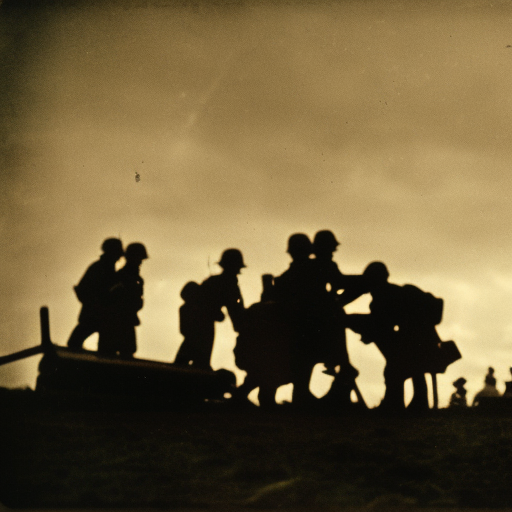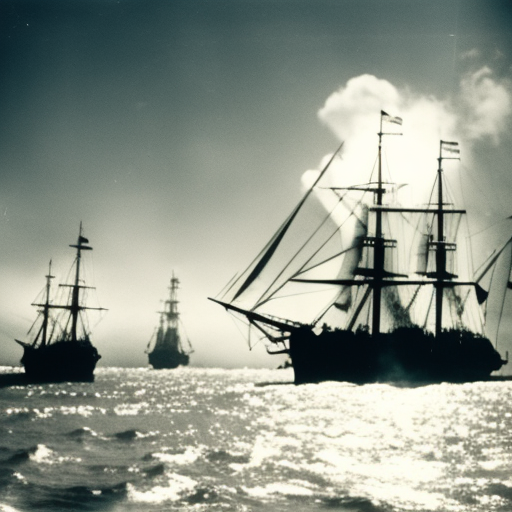Austro-Prussian War: A Clash of German Powers
The Austro-Prussian War, also known as the Seven Weeks’ War, was a conflict fought between the Austrian Empire and the Kingdom of Prussia in 1866. It was a pivotal event in the unification of Germany and marked the decline of Austrian influence in Central Europe.
Background:
The German Confederation, established in 1815, was a loose association of German states dominated by Austria. However, Prussia, under the leadership of Otto von Bismarck, sought to challenge Austrian dominance and unify Germany under its own leadership. Tensions between the two powers grew as Prussia expanded its influence and pursued a policy of economic and military modernization.
Causes:
The immediate cause of the Austro-Prussian War was a dispute over the administration of the duchies of Schleswig and Holstein, which were under joint Danish and German rule. Prussia, supported by other German states, sought to assert its authority over the duchies, while Austria opposed Prussian expansionism. The conflict quickly escalated into a wider war between the two powers.
Course of the War:
The war began in June 1866 when Prussia launched an invasion of the Austrian province of Bohemia. The Prussian army, led by Helmuth von Moltke, quickly achieved several victories and advanced deep into Austrian territory. The Prussian military’s superior organization, training, and use of railroads gave them a significant advantage over the Austrian forces.
In July, the decisive Battle of Königgrätz took place, where the Prussian army inflicted a crushing defeat on the Austrians. The battle showcased the effectiveness of Prussia’s new breech-loading rifles and artillery, while the Austrians relied on outdated muzzle-loading weapons. The defeat at Königgrätz forced Austria to seek peace.
Peace Treaty and Consequences:
The war ended with the signing of the Peace of Prague in August 1866. Under the terms of the treaty, Austria was forced to cede the provinces of Schleswig, Holstein, and Venetia to Prussia. Furthermore, Austria was excluded from German affairs, and Prussia emerged as the dominant power in the region.
The Austro-Prussian War had far-reaching consequences for the unification of Germany. Prussia, under Bismarck’s leadership, used its victory to push for the formation of a North German Confederation, excluding Austria. This paved the way for the eventual unification of Germany under Prussian leadership in 1871.
The war also highlighted the need for military modernization and the importance of industrialization in warfare. Prussia’s success was largely attributed to its superior military organization, training, and technology. This realization prompted other European powers to invest heavily in military reforms and industrial development.
Conclusion:
The Austro-Prussian War was a significant turning point in German history. It marked the decline of Austrian influence and the rise of Prussia as the dominant power in Central Europe. The war’s outcome laid the foundation for the eventual unification of Germany and highlighted the importance of military modernization and industrial development in warfare.












